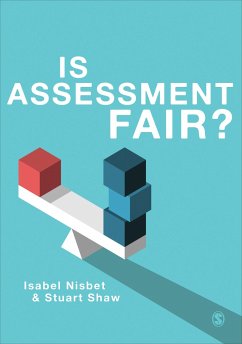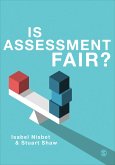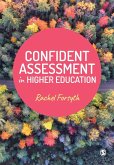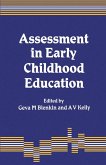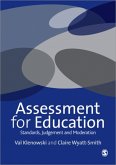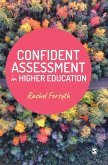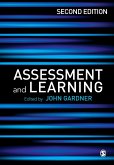Fairness in educational assessment has become a major talking point and allegations that assessments are unfair are commonplace on social media and in the press. But what does fairness mean in practice and how can we evaluate it?
This book offers a timely and necessary investigation, exploring the concept through the lenses of: measurement theory, social justice, the law and philosophy in order to put forward a template for fairness in educational assessment.
Drawing on international examples from the UK, US, Australia and South East Asia, this book offers a commentary on fairness that is highly relevant to the changing context of assessment today.
If you have a professional or academic interest in educational assessment, are a education policymakers or are just interested in working to make assessment fair, then this book is for you!
This book offers a timely and necessary investigation, exploring the concept through the lenses of: measurement theory, social justice, the law and philosophy in order to put forward a template for fairness in educational assessment.
Drawing on international examples from the UK, US, Australia and South East Asia, this book offers a commentary on fairness that is highly relevant to the changing context of assessment today.
If you have a professional or academic interest in educational assessment, are a education policymakers or are just interested in working to make assessment fair, then this book is for you!
This is a wide-ranging from Aristotle to Big Data view of fairness in educational assessment, that covers usually neglected areas such as philosophical and juridical underpinnings, while carefully explaining technical aspects in accessible terms. Scholarly and thorough, it never loses sight of the fact that fairness affects real people teachers, parents, employers, higher education and most importantly students who sometimes have only one shot at doing well in an increasingly narrow assessment system.
Dr Tina Isaacs
Dr Tina Isaacs

